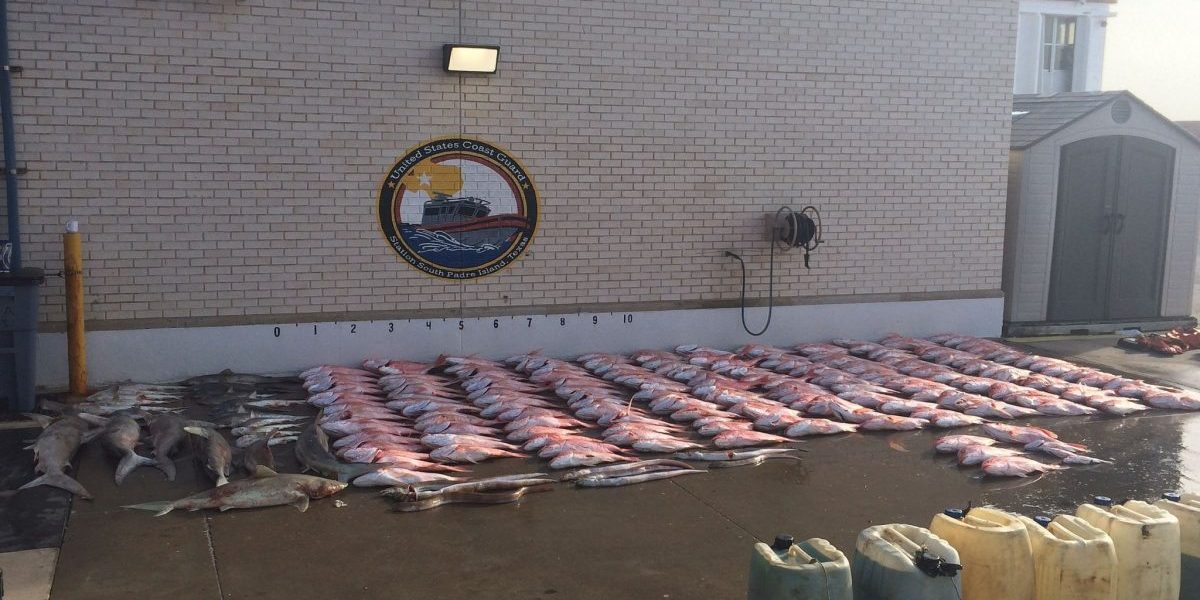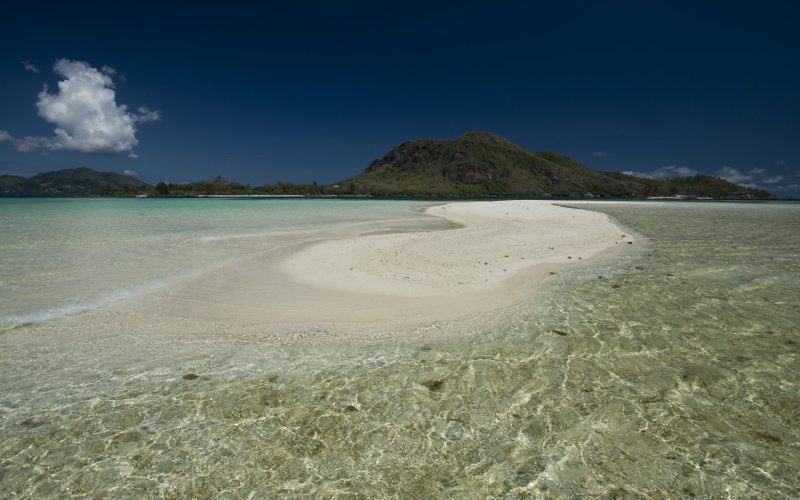Traditionally, in the land-based conservation arena, the way in which national parks and game reserves were declared did not take cognisance of the existing land uses and utilisation of wild fauna and flora of communities living in proposed parks. Thus upon declaration people were evicted from their ancestral land and were forced to alter traditional land use patterns and failure to do so resulted in being branded as poachers and persecuted for continuing to eke out a meagre livelihood. Though this picture may seem simplistic – a similar pattern is observed in the present-day fisheries sector. Fishers have been let down by the post-apartheid fisheries dispensation; despite the plethora of progressive environmental laws the situation for poor coastal communities has worsened. Access to resources they have historically harvested has not materialised and there is mounting evidence that the people that were meant to benefit from the rights allocation processes, did not. Fishers have thus been marginalised further through systematic denial of access rights.
Post-apartheid fishery legislation, the Marine Living Resources Act (MLRA 18 of 1998), is aimed at (1) transforming the fishing industry, by increasing black ownership in the commercial industry and also providing access to marine resources to poor indigent fishing communities; (2) ensuring sustainability of the marine resources and (3) ensuring economic stability of the existing commercial fishing industry. Marine and Coastal Management (MCM), the national agency responsible for fisheries management, was thus tasked with transforming the fishing industry without ‘rocking the boat’. An extremely difficult task exacerbated by MCM’s lack of institutional capacity. MCM, previously known as the Sea Fisheries Institute, was historically a research institution with a staff compliment of primarily natural scientists, who are now asked to perform managerial functions, for which are often ill-equipped. This managerial lacuna led to highly contested rights allocation processes in 2002 and 2005.
There is still scant recognition of the deep flaws inherent in the previous rights allocation processes. Thus far the only recognition of the glaring inequities resulting from the rights allocation processes of 2002 and 2005 was when the NGO Masifundise took the Minister of Environmental Affairs and Tourism to court in 2006 resulting in an out-of-court settlement in May 2007. Part of the settlement was to redraft the poorly-written subsistence fisheries policy in a manner that effectively engaged all the relevant stakeholders. The subsistence fisheries policy was to be finalised by the end of March 2008 and in the interim, MCM initiated interim relief permits as a measure to provide access to marine resources to those fishers that have been disadvantaged by the previous rights allocation processes. This was a measure put in place as part of the court settlement. The interim relief measure allowed people to harvest a basket of resources, mimicking traditional harvesting patterns, depending on which resources are available in the various coastal areas.
One of the core concerns with regard to compliance is the lack of capacity. This pertains not just to the number of compliance officials, even though this is less than optimal, but a capacity to understand the underlying causes of non-compliance so as to arrive at appropriate policy instruments to tackle the root cause of the problem. A key issue is thus a conceptual one, of what we understand the drivers of poaching to be.
The first point of departure in trying to understand why laws governing access to marine resources are not adhered to, is the realisation that there is a disjuncture between traditional fishing rights people feel they have and their legal rights under current legislation.
Laws are not seen as legitimate by the resource users in question. This is in part because people had no say in the making of the current laws and bylaws. Secondly, there is a sense of entitlement to access to marine resources in poor fisher communities, a sense that the sea is a blessing from God and therefore access to it is a God-given right. Thirdly, the dire socio-economic circumstances in fisher households is another significant driver to illegal harvesting. The severe economic depression in households is a result of joblessness caused in part by job losses in the commercial fishing industry. It is these three drivers together with the lucrativeness of the black market that drive fisher folk to continue to harvest illegally.
In research conducted by the Environmental Evaluation Unit (EEU) at UCT in Hout Bay with the informal rock lobster fishers, when asked why some of them got into ‘poaching’ the response was often that they would rather take from the sea than to steal from another person’s house.
This is not to suggest that there is not a well-organised criminal element in some poaching activity, including gangsterism with international links with the Far East continuing to pillage our rich marine resources particularly, abalone. But this is demonstrably not the case with all so-called poachers. Not all poachers are inherent criminals; many have been criminalised due to bad policy and the law. Through practising traditional livelihood activities, fishers have become poachers.
Often severe socio-economic circumstances drive people to endure dangerous working conditions to put food on the table. Enough people have drowned. There is an urgency to deal with the compliance issue in a more holistic manner that acknowledges and recognises the root-causes of non-compliance, such that fisheries management policies meet their objective of sustainable management of marine resources.
There is also no single method to curb poaching and there is still a significant place for traditional law enforcement, but we need to acknowledge that traditional law enforcement alone does not necessarily bring about compliance. The big stick approach is not working. Government has to start being creative on how to ensure voluntary compliance in the fishing industry. Firstly, it has to recognise and engage with fishers that do not currently have access rights but who continue to harvest. An understanding of heterogeneity of ‘poachers’ and the driving forces behind poaching activities is also needed to bring about appropriate compliance policies. Until MCM understands that although poverty alleviation is not necessarily their mandate, it is still their problem, poaching is set to continue.







